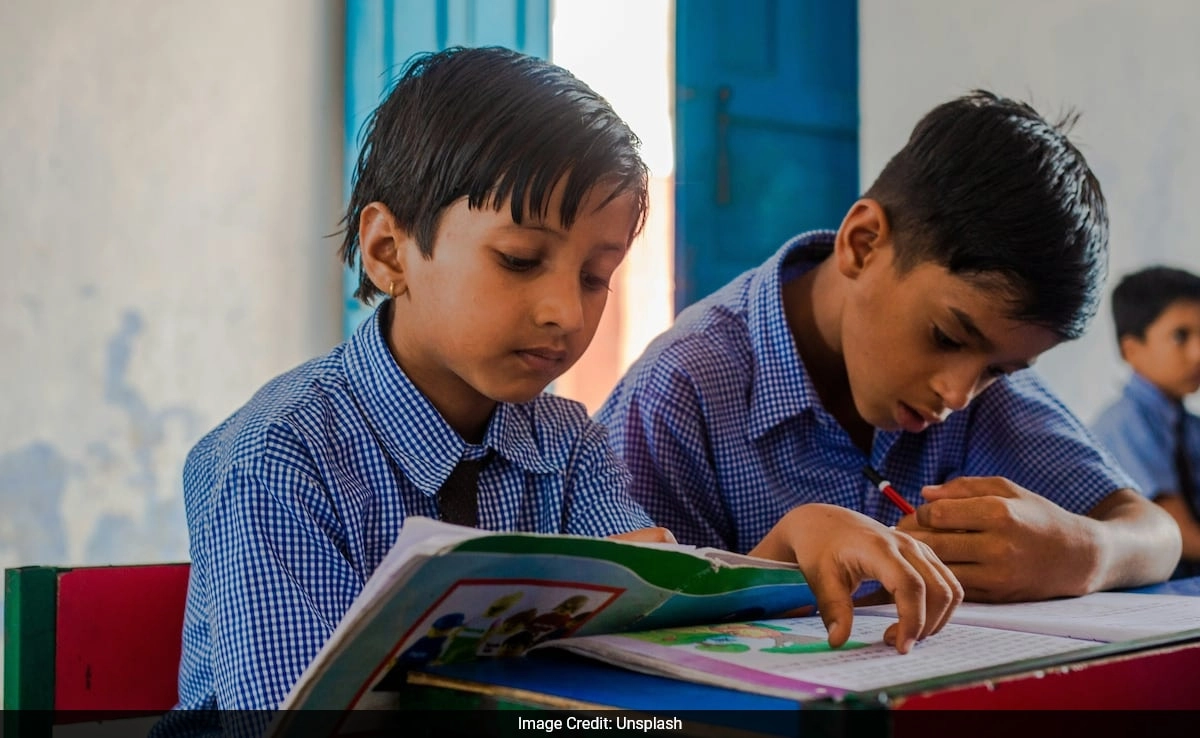The Uttarakhand government has taken a significant step by proposing the inclusion of revered ancient texts, such as the Bhagavad Gita and the Ramayana, in the school syllabus. This initiative is aimed at promoting cultural and moral education among students, fostering a deeper understanding of India’s rich heritage and philosophical teachings. The Bhagavad Gita, a 700-verse Hindu scripture that is part of the Indian epic Mahabharata, presents profound spiritual and ethical insights through a dialogue between Prince Arjuna and Lord Krishna. It addresses fundamental questions about duty, righteousness, and the nature of reality, making it a timeless guide for individuals navigating the complexities of life.
Similarly, the Ramayana, another cornerstone of Indian literature and spirituality, narrates the life and ideals of Lord Rama, emphasizing the values of duty, honor, and devotion. By integrating these texts into the curriculum, the Uttarakhand government aims to instill these virtues in students, encouraging them to reflect on moral dilemmas and ethical decision-making. This initiative aligns with a broader educational framework that seeks to balance academic knowledge with moral and cultural education, thereby nurturing well-rounded individuals who are not only knowledgeable but also ethically grounded.
The proposal has been forwarded to the National Council of Educational Research and Training (NCERT), indicating the state’s commitment to ensuring that these texts are accessible at a national level. If accepted, this initiative could serve as a model for other states, potentially leading to a nationwide curriculum reform that emphasizes the importance of ancient wisdom in contemporary education. By engaging students with texts that have shaped Indian civilization for centuries, the initiative aims to connect them with their cultural roots and inspire a sense of pride in their heritage. Furthermore, this inclusion could foster critical thinking and discussion among students, as they navigate the teachings of these texts in relation to modern societal challenges.
Incorporating the Bhagavad Gita and the Ramayana into the school syllabus reflects a growing recognition of the need for holistic education that transcends conventional academic boundaries. It is essential for educators and policymakers to acknowledge the value of integrating cultural and spiritual teachings into the academic framework, as these texts offer valuable lessons that remain relevant in today’s fast-paced world. By embracing this initiative, Uttarakhand not only honors its cultural legacy but also empowers future generations to explore and internalize the ethical principles that have guided Indian society for millennia.




